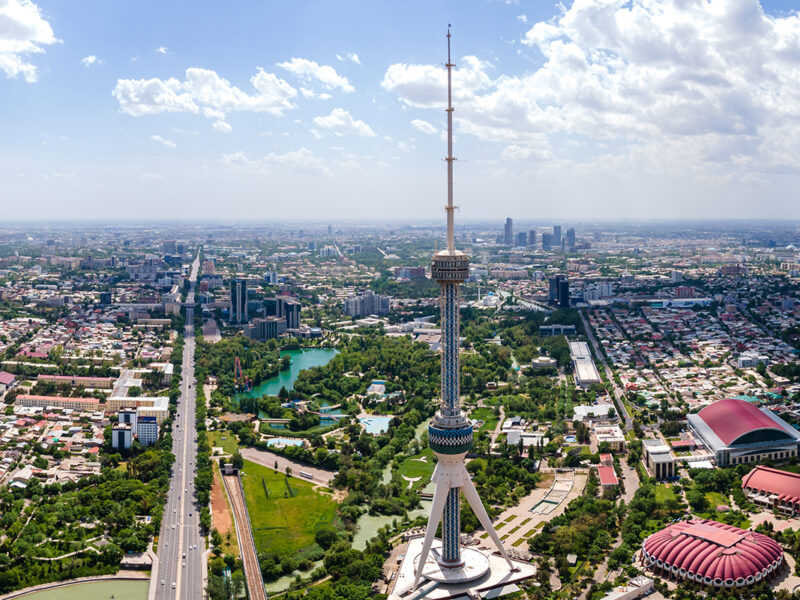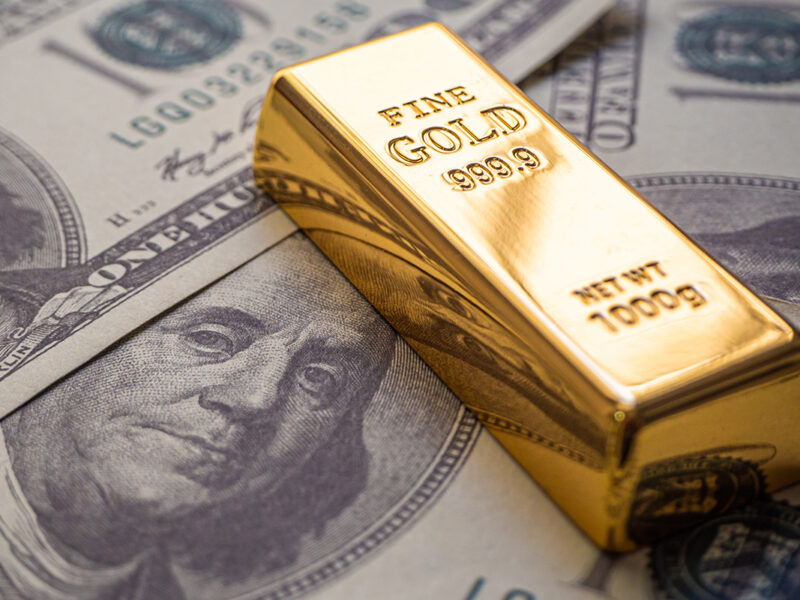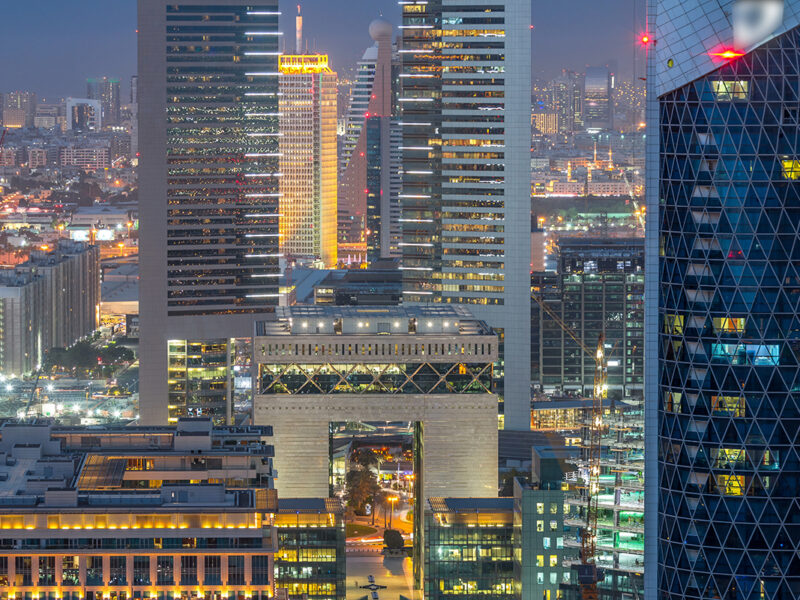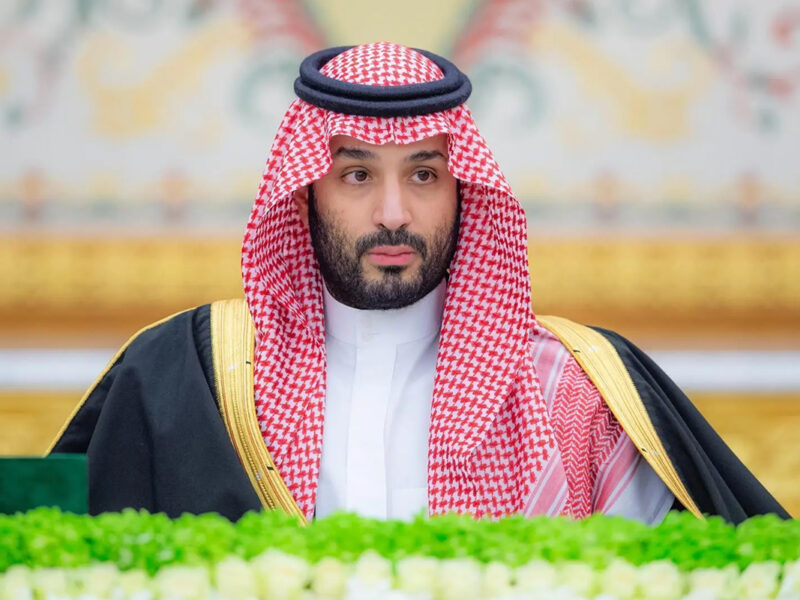There has never been a convention speech like it: Tens of thousands of people waiting hours to hear Barack Obama accept the nomination of his party in an outdoor arena that resembled the World Series if it were held on July 4.
The stadium was a sea of red, white and blue, thunderously loud one moment, quiet as a church the next.
The test of a speech isn’t the audience gathered to hear it.
Obama had those 85,000 people at hello. What matters is the assessment of those who prefer the story line that Obama is a one-season wonder, a celebrity without substance who has to come down from his mountain before he can climb one.
Conservative commentator and one-time presidential candidate Pat Buchanan called the speech “magnificent,” the best and most important convention speech he had heard in 48 years.
Long-time Republican David Gergen called it a “symphony.” Fox’s Bill Kristol said Obama faced “very high expectations and exceeded them.” The Washington Post’s Charles Krauthammer, among Obama’s toughest critics, marvelled at the “brilliance of the political mind” behind the event. Historian Michael Beschloss said it was better than John F Kennedy’s eloquent 1960 performance.
Yet in the parlance of the night, did Obama do what he had to do?
He is in an anomalous position: The negative campaign against him comes down to “he’s too good to be true.” That calls for him to attract smaller crowds, stumble in speeches, dumb down his answers.
Like all Democrats, he has been labelled elite by a party that elects Yale bluebloods, scions of senators, and presidents. The press goes along with the charge fearful of being called snobs as well.
As they have before, Republicans would like to make the election about such things, about the arrogance of putting Doric columns on a podium even as they land George W Bush on an aircraft carrier in flyboy regalia shouting “Mission Accomplished.” Or about shopping at Whole Foods or wearing a flag lapel. It has worked before.
With things so bad, maybe not this time. Obama painted by the numbers to be sure, stopping just short of numbing specifics, but he also managed to produce a portrait of who he is and how he got here.
He said how he would change the tax code, end US reliance on Middle East oil, and provide health insurance as good as the one Congress gives itself. But he also invoked scripture, Martin Luther King Jr, Franklin Delano Roosevelt and Kennedy.
He emotionally connected, even though the setting made “Phantom of the Opera” seem like dinner theater.
He spoke of his working mother who rose at 4:30 AM to go over his lessons to make sure he got into the best schools and secured the best life; of a grandfather who enlisted in George Patton’s army after Pearl Harbour was bombed; of his ailing grandmother who worked at a bank and sacrificed so that he wouldn’t have to. The evening, he said, was hers.
“I don’t know what kind of lives John McCain thinks that celebrities lead, but this has been mine. These are my heroes.
“Theirs are the stories that shaped me. And it is on their behalf that I intend to win this election.”
And after calling on the crowd to honour McCain, he took the fight to him. “I have news for you, John McCain. We all put our country first,” he said in a strike at McCain’s slogan “country first.” He welded McCain to the president. “What does it say about your judgment when you think Bush is right 90 percent of the time? I’m not ready to take a 10 percent chance on change.”
He shouted “Enough!” with an edge that suggested that word could replace “Change” in the last leg of the campaign. How do we expect to stop terrorism in 80 countries, he asked, while occupying Iraq? McCain might follow Osama bin Laden to the gates of hell, he said, but “not to the cave where he lives.”
He then added: “Next week in Minnesota, the party who brought you two terms of Bush-Cheney will ask this country for a third. We love this country too much to let the next four years look like the last eight.”
There are those who insist it was more Beatles concert than political rally, with shades of a Nuremberg rally, an over-the- top display that just adds to his rock-star aura.
Yet here was a huge crowd waving the stars and stripes to the sound of John Philip Sousa, cheering for a phalanx of generals, families sitting patiently as the place filled over six hours. The only way in which the evening resembled Woodstock was that the food and toilet paper ran out.
Film director Spike Lee said in an interview with CNN he knew that, like a great athlete, Obama would rise to the occasion. Yet Michael Phelps hardly had so much riding on a single breaststroke or Mickey Mantle on one swing of the bat.
Obama, unknown four years ago, won’t have an audience this size again. He drops into the background for a week while McCain gets his moment to dazzle in Minneapolis. In the fall, we have the debates that can change everything and then change it back again. October surprises occur so often that we shouldn’t be surprised. It looks close but one or the other could win in a landslide. In this unusual year, it’s that open.
Still, on this cool, clear night in Colorado, Obama set his sights a mile high. The man met his moment.
Margaret Carlson is a former White House correspondent for Time magazine and is a Bloomberg News columnist.








